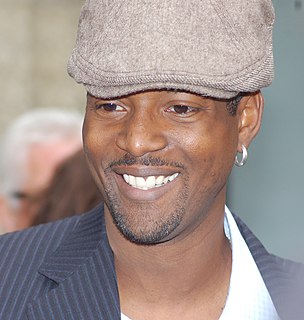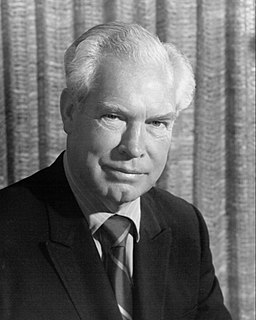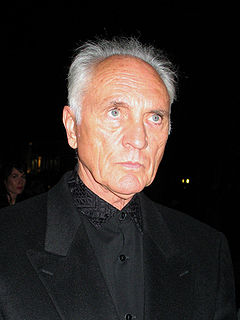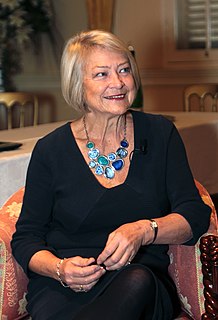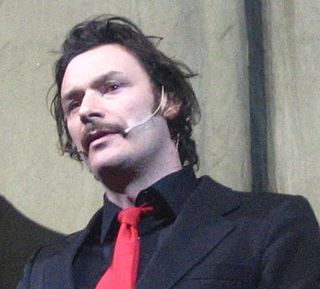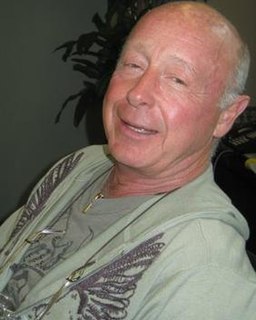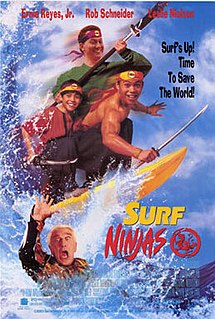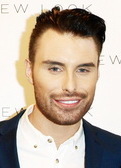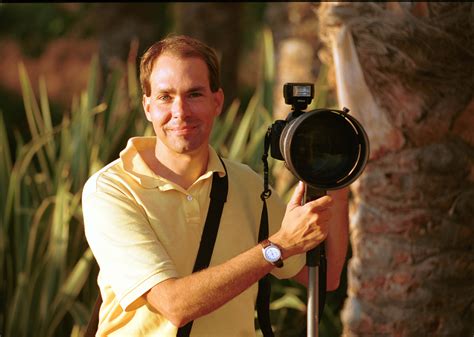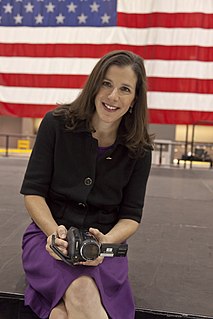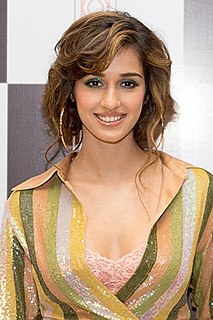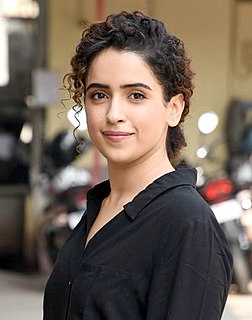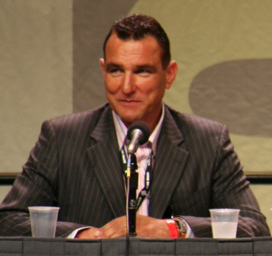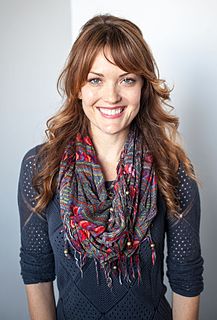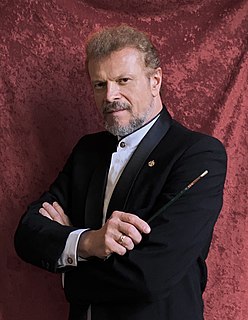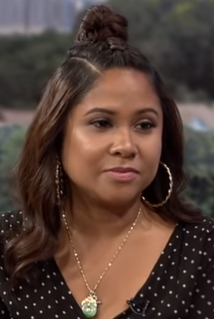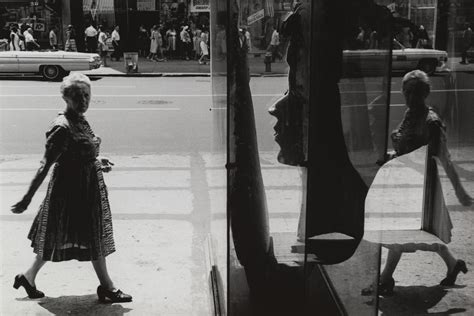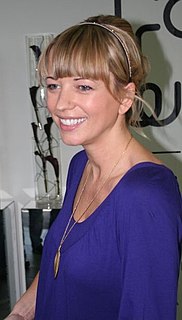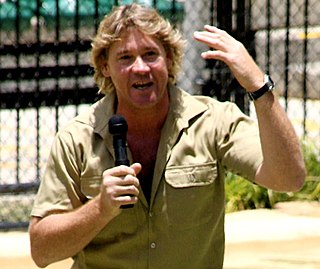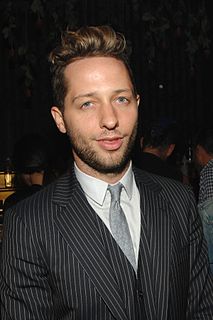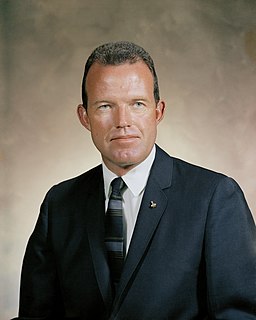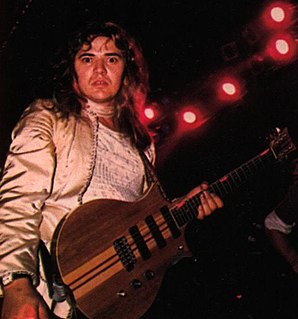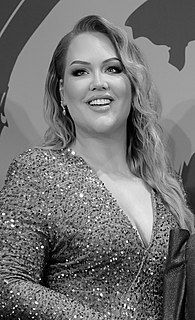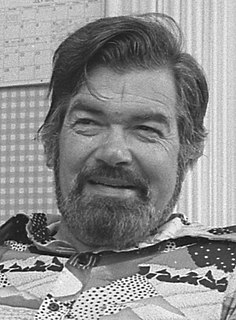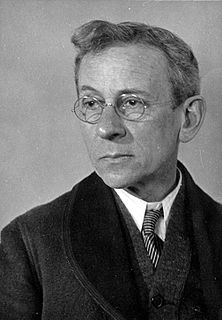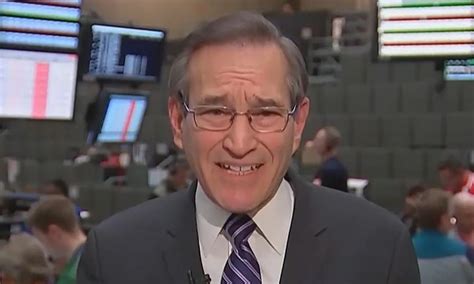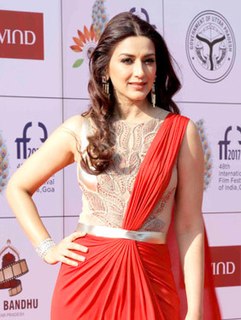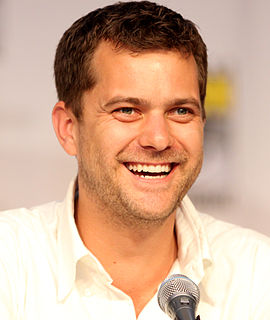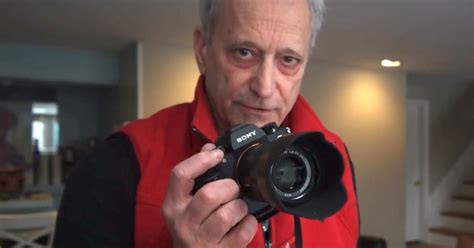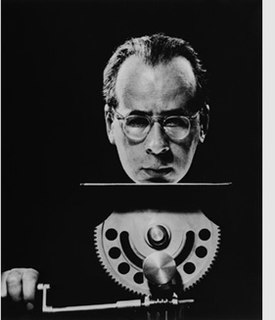Top 1200 Camera Lenses Quotes & Sayings - Page 3
Explore popular Camera Lenses quotes.
Last updated on October 6, 2024.
While working with a camera crew supervising flight testing of advanced aircraft at Edward's Air Force Base, California, the camera crew filmed the landing of a strange disc object that flew in over their heads and landed on a dry lake nearby. A camera crewman approached the saucer, it rose up above the area and flew off at a speed faster than any known aircraft.
Once a photographer is convinced that the camera can lie and that, strictly speaking, the vast majority of photographs are camera lies, inasmuch as they tell only part of a story or tell it in distorted form, half the battle is won. Once he has conceded that photography is not a naturalistic medium of rendition and that striving for naturalism in a photograph is futile, he can turn his attention to using a camera to make more effective pictures.
